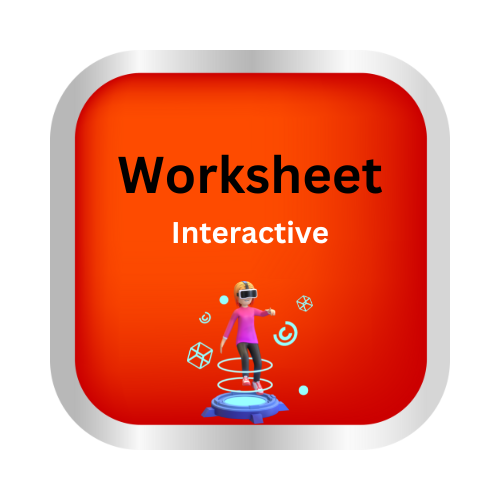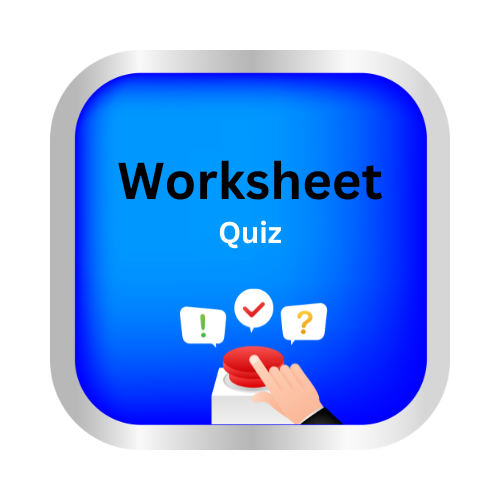Identify nouns – with abstract nouns
Design by Delta publications
Key Notes:
🌟Identify Nouns – with Abstract Nouns🌟
| 📘 What is a Noun? |
👉 A noun is a word that names a person 👩, place 🏞️, thing 🛴, or idea 💡.
| 🏆 Types of Nouns |
Concrete Nouns 🏠🍎
- Things you can see 👀, touch ✋, smell 👃, hear 👂, or taste 👅.
- Example: dog 🐶, school 🏫, apple 🍏, music 🎶
Abstract Nouns 🌈💭
- Things you cannot see or touch.
- They are ideas 💡, feelings ❤️, qualities ⭐, or states of being 🌀.
- Example: love ❤️, happiness 😊, honesty 🤝, freedom 🕊️
| 🎯 How to Identify Abstract Nouns |
✔️ Ask yourself:
- Can I see it 👀? ❌
- Can I touch it ✋? ❌
- Is it a feeling, idea, or quality? ✅
👉 If yes, it’s an abstract noun!
| ✨ Examples: |
- Concrete Noun: Book 📖
- Abstract Noun: Knowledge 📚💡
- Concrete Noun: Flower 🌸
- Abstract Noun: Beauty ✨
- Concrete Noun: Friend 👭
- Abstract Noun: Friendship 🤗
| 📝 Quick Tip for Students 🎓 |
- 💡 If you can draw it 🖍️, it’s usually a concrete noun.
- 💡 If you can only feel or imagine it, it’s an abstract noun.
Let’s practice!✒️

